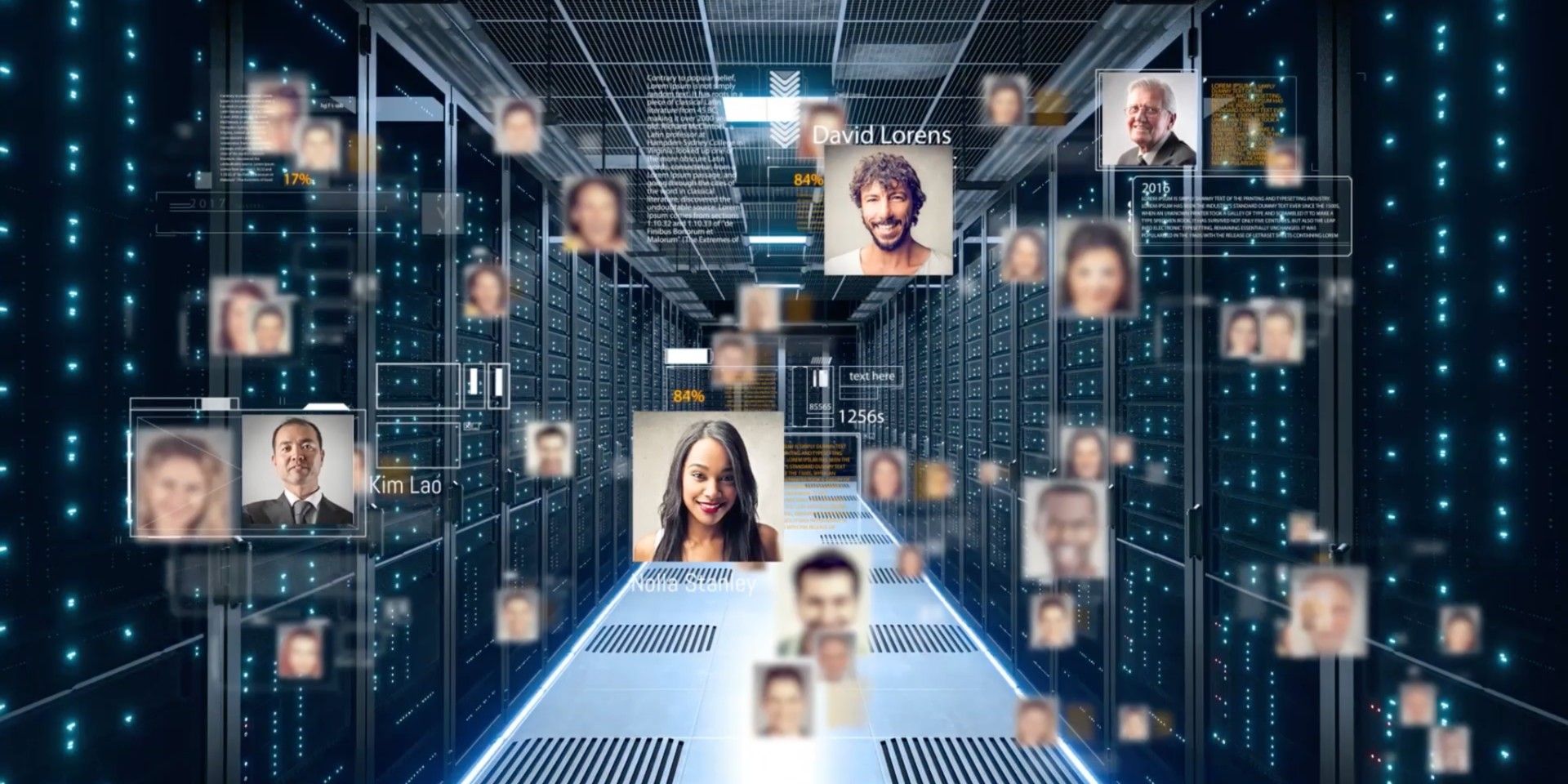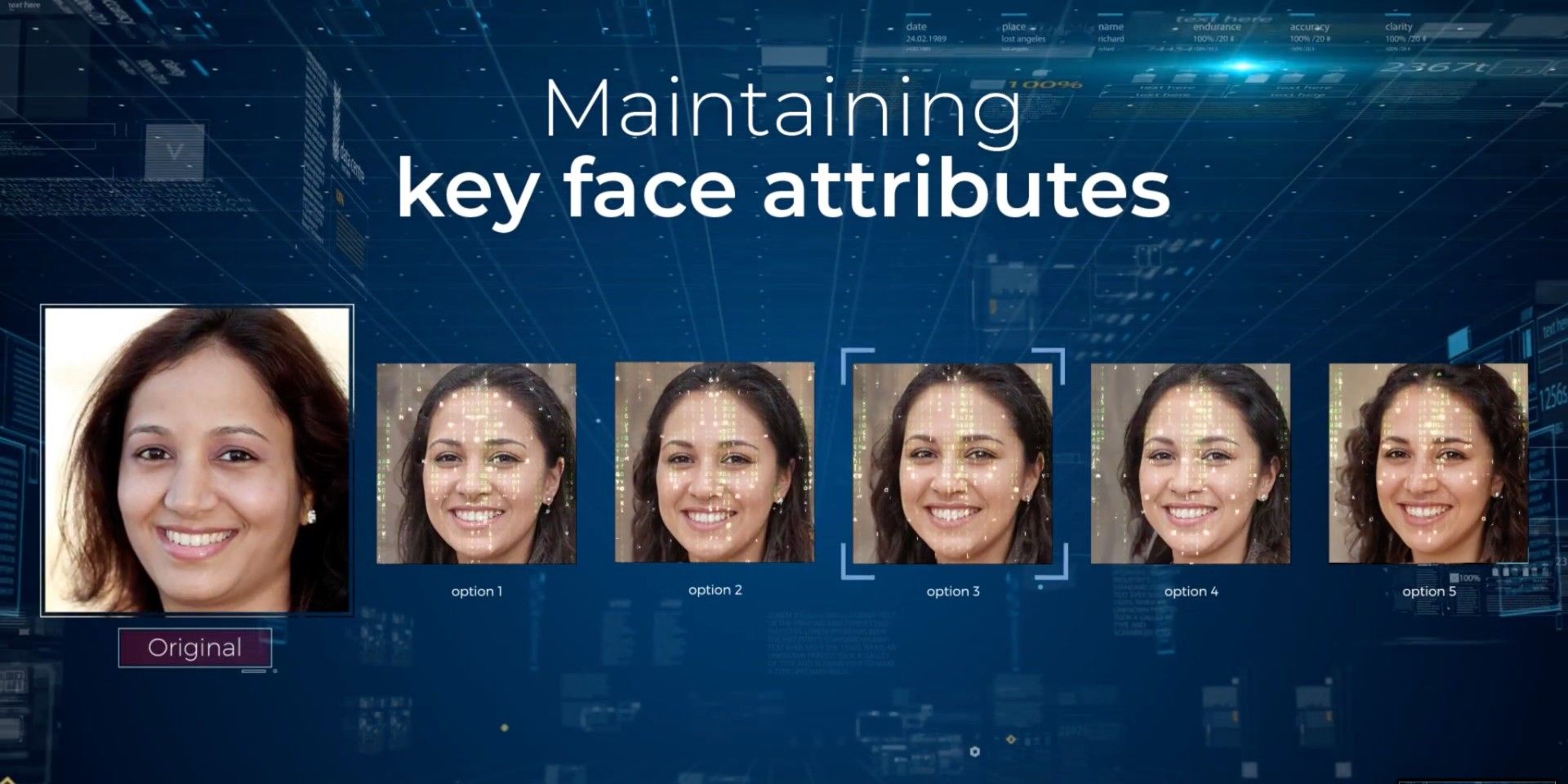
Israeli privacy company D-ID claims that the business' deepfake technology can create versions of people that are distinct enough to be used in commercials without consent. D-ID’s software uses advanced algorithms to gather data from footage to replicate a person’s face and alter it to a degree that protects their identity.
The company's deepfakes use computer vision and deep learning to achieve the feat of changing a person's appearance. The latter is a set of machine algorithms that analyzes images in layers to pull out more refined details. Lower levels of deep learning can identify outlines, while higher functionality enables the identification of individual fingers. Computer vision refers to the technology used in robot guidance and process control. The concept of deepfakes isn’t new with a notable example being the “Synthesizing Obama” project put together by Supasorn Suwajanakorn, Steven M. Seitz, and Ira Kemelmache-Shlizerman back in 2017. The video utilized a program which actively edits footage of people’s facial expression to match up with another person. Since then, deepfakes have been noted for their potential ability to produce fake news and hoaxes as well as humorous parody videos.
D-ID hopes that with their “smart anonymization,” a restaurant could get footage of people for an advertisement without asking for their consent. The D-ID website says that because their deepfakes take existing people and replace their features with faces of people who don’t exist, they’ll evade privacy laws and regulations regarding consent and use of likeness. In one example, D-ID shows a video where a woman has her hair smoothed, and her jaw changed to create a different facial structure.

MIT Technology Review spoke to leading European privacy experts on the subject. Each of the three they met with say that D-ID’s deepfakes likely violate the EU’s General Data Protection Regulation, or GDPR. According to data privacy lawyer Gaëtan Goldberg, D-ID’s deepfakes would still need consent from recorded individuals as their race is maintained. A D-ID aligned privacy lawyer acknowledged that there were interpretations of EU privacy laws that disagreed with them, but claimed that their system never analyzed, revealed, or stored sensitive data related to race. Though, D-ID reportedly is fine with anonymizing ethnicity.
In America, legislation has been passed regarding deepfakes. The Malicious Deep Fake Prohibition Act prohibited the creation and distribution of deepfakes that would lead to illegal activity. The DEEPFAKES Accountability Act required that deepfakes be watermarked and labeled so that they are easily identified. California banned the creation and distribution of deepfakes for political purposes, hoping to protect voters from fake news ahead of the 2020 election.
Source: MIT Technology Review
from ScreenRant - Feed https://ift.tt/2T1zAkJ


0 Comments